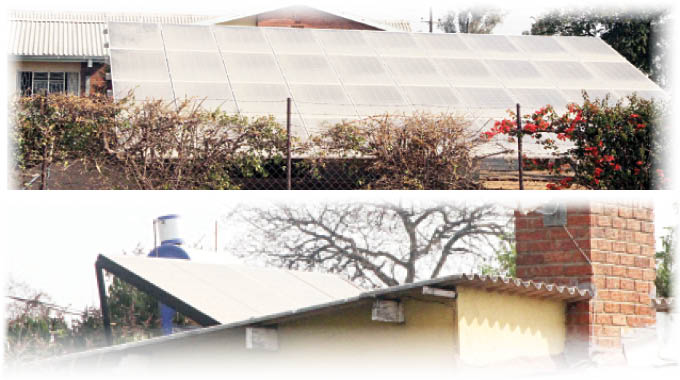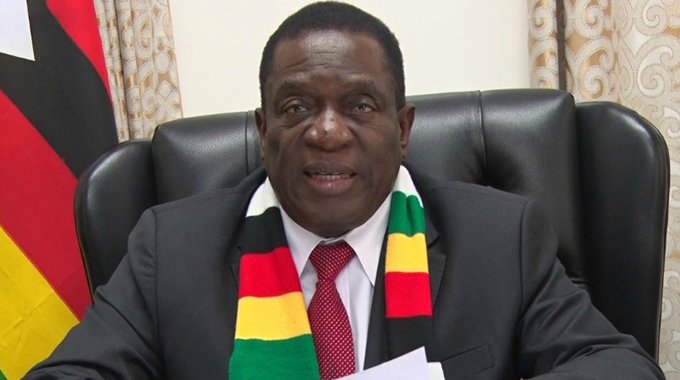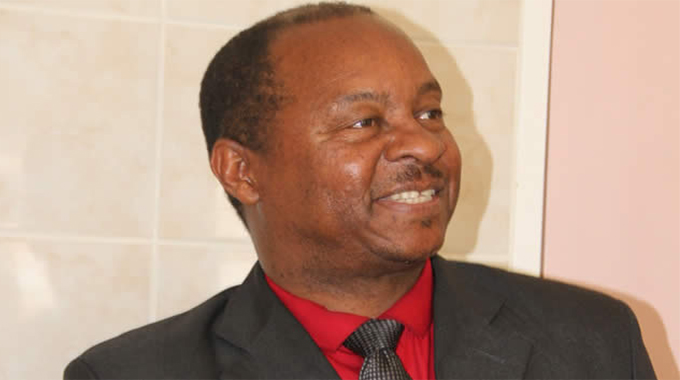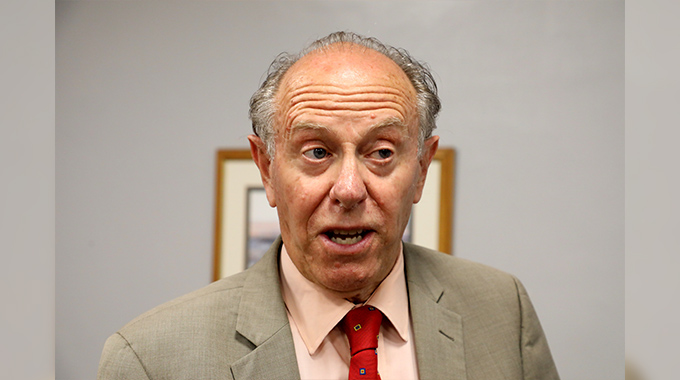Bulawayo residents pushed to go solar

Raymond Jaravaza, Showbiz Correspondent
SITTING in the dark due to Zesa’s prolonged loadshedding, Mr Arthur Maphosa decided it was time to take the bull by the horns.
Mr Maphosa said he realised that he had to find a lasting solution to Zesa’s loadshedding challenges.
“I don’t know how to explain it, but somehow, the house gets much colder when there’s no electricity. On that June evening, I sat alone in the dark and decided that my family could not continue enduring the challenges of loadshedding,”Mr Maphosa said.
He said he decided to find an alternative source of power and then settled for solar energy.
“I did a bit of research and found a local company that sells solar power components and also does installation. I’ll be frank with you that I was shocked by the quotation they gave me.
“The total cost was about R26 000 (US$1 700) but the salesman at the company convinced me that the initial set up costs could be high but I would save thousands of dollars in the long term,” said Maphosa.
He said the batteries when fully charged keep the lights on for about eight hours.
“The way we use solar power is not different from how everyone else uses electricity from Zesa. In order to save power, one must switch off lights in the rooms that are not in use. If used sparingly, the batteries can keep the lights on for more than eight hours.”
The father of three said even on a cloudy day, the solar panels still charge the batteries hence he has power even in winter.
“I think the general assumption is that for the solar panels to work, there must be sushine but ever since I installed the system in June, we haven’t had any problems,” said Mr Maphosa.
Mr Maphosa is one of the many Bulawayo residents that have switched to solar power to address the challenges of Zesa’s loadshedding.
Government which is promoting the use of solar power to reduce reliance on Zesa, recently scrapped import duties on solar-energy-related products that include batteries and cables. It has also said all new constructions in the country should be powered by solar.
The Government said it had set a target to get at least 1 575 megawatts of power from solar by 2030 which is about the same amount of electricity the country is producing now.
A drive through Bulawayo’s eastern suburbs showed that residents have responded positively to Government’s call to install solar systems.
For those that cannot install complete solar systems to power entire house, the alternative is to start with a single solar panel and batteries to keep the lights and appliances such as televisions when there is no Zesa power.
Renewable energy consultant Ms Chandirekera Mutubuki said the Ministry of Energy and Power Development should concentrate on assisting residents to install solar systems at their houses.
“The big megawatt solar plants are needed but they cost too much and therefore take long to implement. The ministry must concentrate on smaller systems, including providing loans to households to install solar systems at their houses,” she said.
According to Tawanda Muzamwese, an energy expert, Zimbabwe enjoys more than 3 000 hours of sunlight a year and has a potential to produce 10 000GWh of electricity per year if solar energy is fully harnessed.
Kalani Ndlovu, a farmer who in 2019 installed a solar mini grid at his farm at Umguza in Matabeleland North province, said it had proved a good source of energy for pumping water, cooking and lighting.
“Installing the solar system at my farm cost about US$5 000 and I’m enjoying the benefits,” he said. — @RaymondJaravaza.












Comments